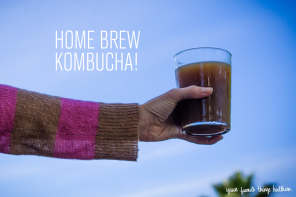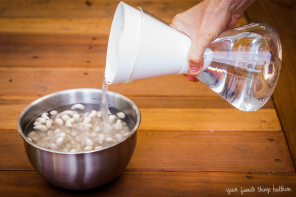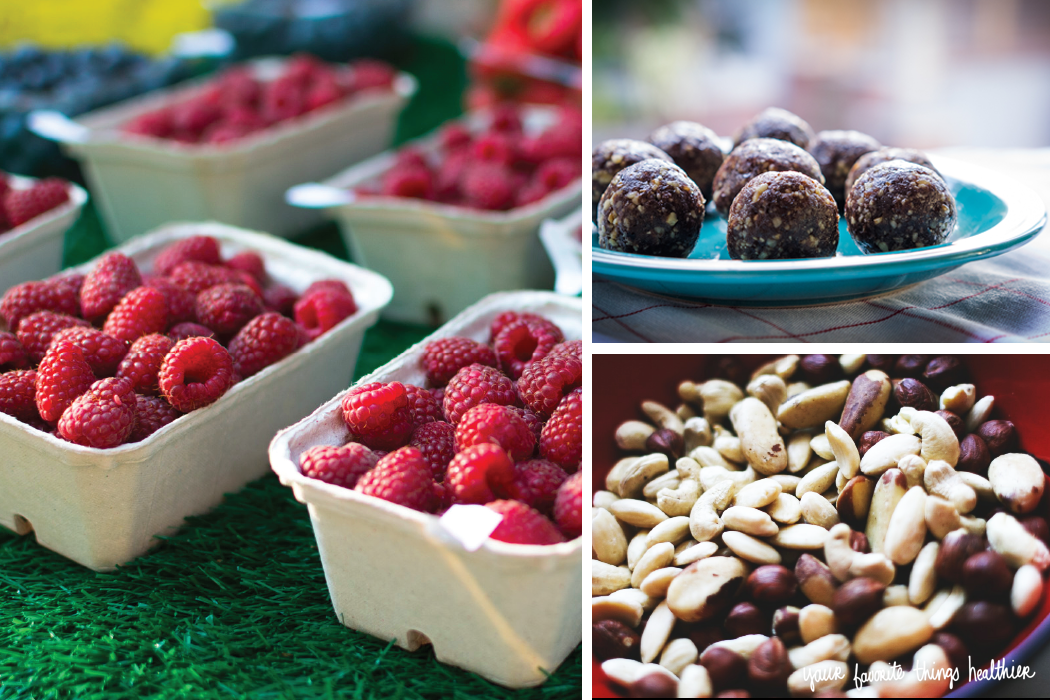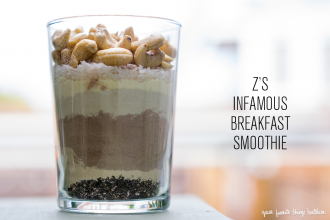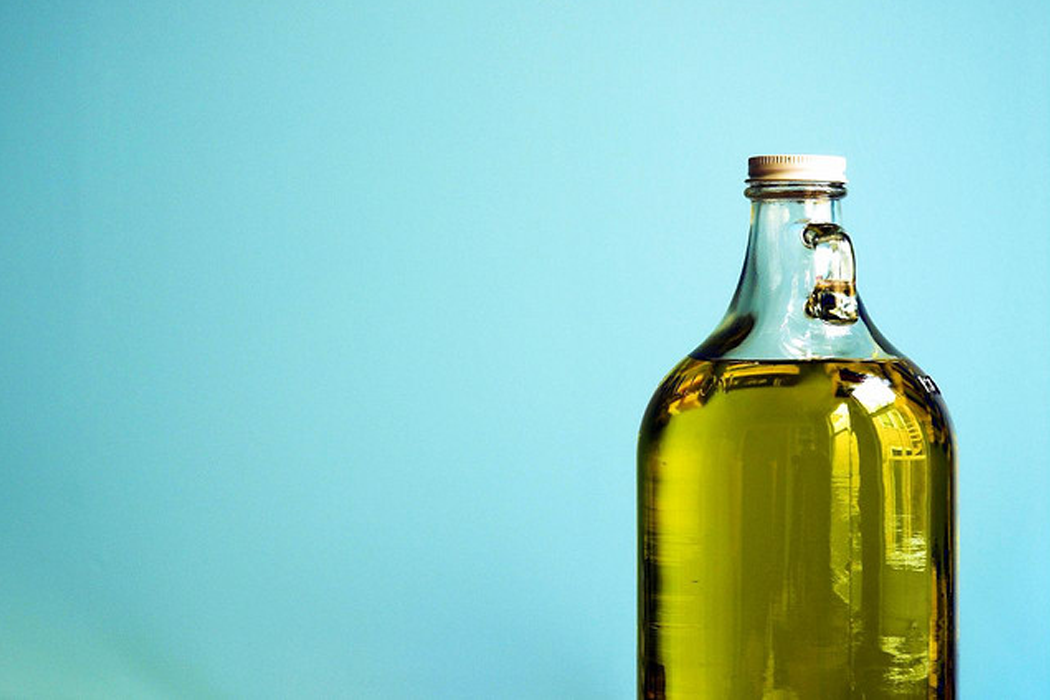 We all want to feel and look our best. Michelle and I have found that those two things generally start with a clean diet, free of processed foods. A big surprise for us in the “foods to avoid” category was canola oil. Once touted as a healthy fat alternative to butter or even heart-healthy olive oil, the canola oil that’s in so many foods today is not as good for you as you might think; in fact, it’s highly-processed and quite unhealthy. Let’s look at why and explore some alternatives that are great for your body.
We all want to feel and look our best. Michelle and I have found that those two things generally start with a clean diet, free of processed foods. A big surprise for us in the “foods to avoid” category was canola oil. Once touted as a healthy fat alternative to butter or even heart-healthy olive oil, the canola oil that’s in so many foods today is not as good for you as you might think; in fact, it’s highly-processed and quite unhealthy. Let’s look at why and explore some alternatives that are great for your body.
In the spirit of eliminating processed foods from your diet, excluding canola oil is very important step toward a clean diet and good health. In this post, I’ll show you:
- how canola oil got its name
- how it became so popular
- how canola oil is made, processed and refined
- how to avoid it
- some healthy and tasty alternatives you can start using today
What is canola oil?
I always thought there must be a “canola” nut or seed somewhere. But I was wrong; Canola oil is made from extracting the oil from a seed, rapeseed. “Rapeseed” hardly being a marketable name, the name was changed, derived from the phrase “Canadian oil low acid”. It was introduced to our food supply in the 1970’s and, due to its strong availability as a crop at the time, and low price to process and distribute, it quickly became a key export for Canada. Now produced in Canada and the US and with Monsanto’s involvement, up to 90% of rapeseed is genetically modified. But that’s only the beginning of the trouble with this ubiquitous oil.
Let’s Take a Quick Look at how Canola Oil is Made.
Far from being an oil made fresh, directly from the rapeseed, and delivered to your door or put directly into your foods, canola oil goes through a rigorous refining process. Being that it is a seed oil, it’s inherently unstable at high temperatures or lots of light. To make large quantities of canola oil requires a mechanical process that generates substantial heat. That’s where it all starts to go south for canola oil. Making commercial oil from the rapeseed involves high-temperature mechanical presses and solvents (usually hexane) for efficient extraction. Further refining is required since the high-temperature process denatures the oil’s omega-3 fatty acids, causing it to quickly turn rancid. That process emits quite an odor.
Have you ever smelled rancid oil? It’s horrible. For this reason, chemical deodorizers are applied, just after a bleaching and degumming processes. The deodorization step converts a lot of the omega-3 fatty acids into trans-fats. We all know that’s a very bad thing, and it never has to show up on the label when you buy it in the store, order food in a restaurant, or consume it as an ingredient in thousands of products you see on the shelves of the grocery store. I hope this illustrates just how un-clean canola oil really is. In summary,
The Processing of Canola Oil Involves:
- High-temperature pressing
- Chemical solvents
- Refining
- Chemical deodorizers
- Bleaching
- Degumming
This Results In:
- A higher-than-listed proportion of trans-fats
- Reduced healthy omega-3 fatty acids
Want to avoid canola oil? We definitely did, and noticed that we immediately started feeling better.
Spend more time cooking your own meals. At some level, even restaurants are “processing” your food for you. The person who cares the most about your health is YOU! So, start using that person (you) to nurture your health. If you don’t have canola oil in your house, it’s impossible to cook with it. But the moment you’re ordering at a restaurant, you just don’t know what you’re going to get, and no one wants to ask every time 🙂
Cooking our own meals has been a joy and resulted in big changes to our lives, from better control over our ingredients, to the happiness we get from seeing things from our garden end up on our plates.
There are healthy alternatives
When buying the oils below (any oils, for that matter), insist on unrefined, cold-pressed oils. Avoid any oil that was subjected to high temperatures. Buy oils in glass bottles and avoid plastics. Store your oils in a dark place and eat them up before they get too old. After all, they’re really darn good for you! And remember, don’t heat any oil until it smokes. If you do, toss it out, lower the temperature of your pan, and start over. That smoking oil is no good for you.
Here Are the Healthy Oils we Eat Every Day:
- Olive oil – we put this on salads, in hummus and use (with salt and pepper) for dipping sauce for fresh veggies. Olive oil is not suited for any sort of high-heat cooking, as it has a low smoke point.
- Coconut Oil – there are just too many good things to say about this wonderful oil. We use it for cooking yams to making curries. You can rub it on your skin and use it as a light sunscreen.
- Avocado Oil – for us, avocado oil is the best, tastiest replacement for canola oil. It’s got a rich, buttery taste, but it still very neutral in flavor. It takes heat ok, and is always the first oil we run out of in the house. It’s just amazing. The only negative is that it can be quite expensive.
- Ghee – we use only fully organic, grass fed ghee (also called clarified butter). It’s naturally low in lactose and has a wonderful flavor. It’s a great choice for cooking or baking.
Canola oil is not as good for you as you might have thought, but at least there are healthy options out there.
Avoiding canola oil is a great step to eliminating highly processed foods in your diet. Replace canola oil with any of the healthy alternatives above and see how quickly you’ll notice a difference in your body and your mind.
What’s your experience with canola oil? Is there a healthy alternative you love that we missed? Let us know in the comments.
-z
References:
http://www.whale.to/a/fallon.html
http://draxe.com/canola-oil-gm/
Photo Credit: All rights reserved by aqui-ali

